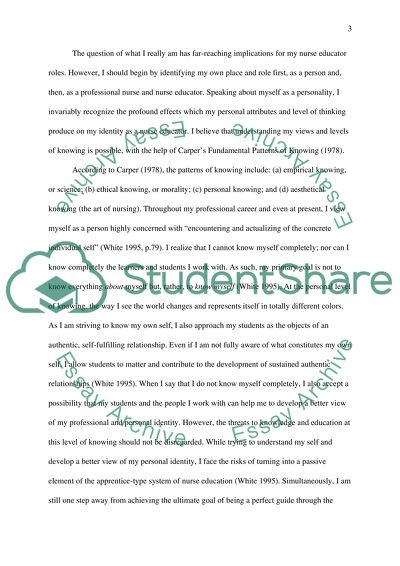Cite this document
(“Critical Exploration of Educational Identity and Role Essay”, n.d.)
Retrieved from https://studentshare.org/health-sciences-medicine/1397793-critical-exploration-of-my-understanding-of
Retrieved from https://studentshare.org/health-sciences-medicine/1397793-critical-exploration-of-my-understanding-of
(Critical Exploration of Educational Identity and Role Essay)
https://studentshare.org/health-sciences-medicine/1397793-critical-exploration-of-my-understanding-of.
https://studentshare.org/health-sciences-medicine/1397793-critical-exploration-of-my-understanding-of.
“Critical Exploration of Educational Identity and Role Essay”, n.d. https://studentshare.org/health-sciences-medicine/1397793-critical-exploration-of-my-understanding-of.


